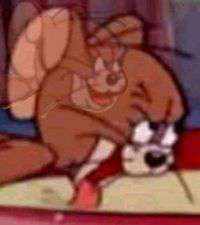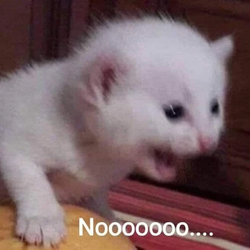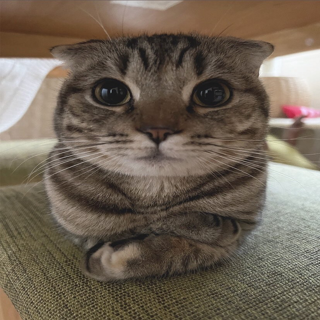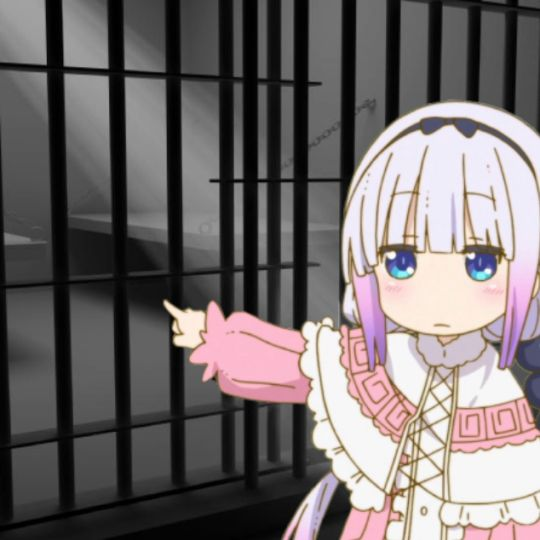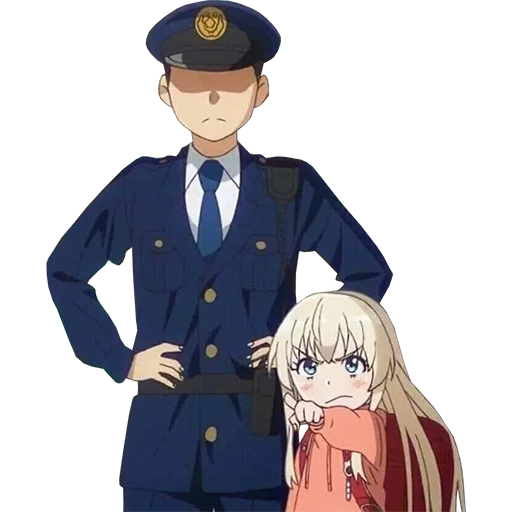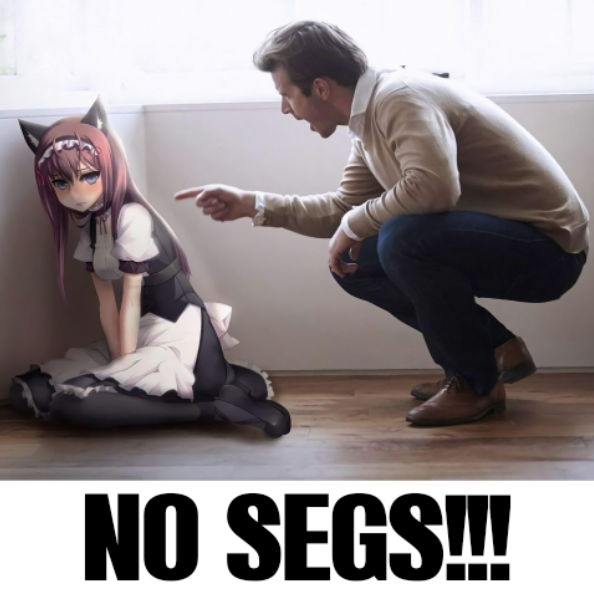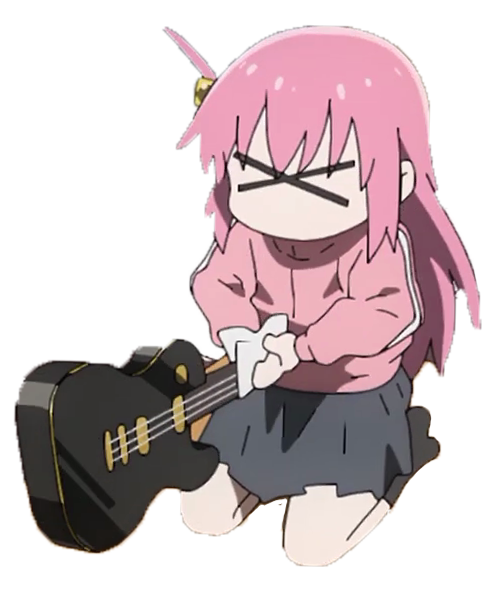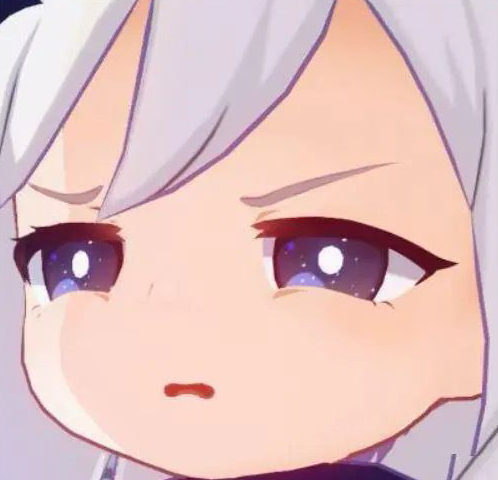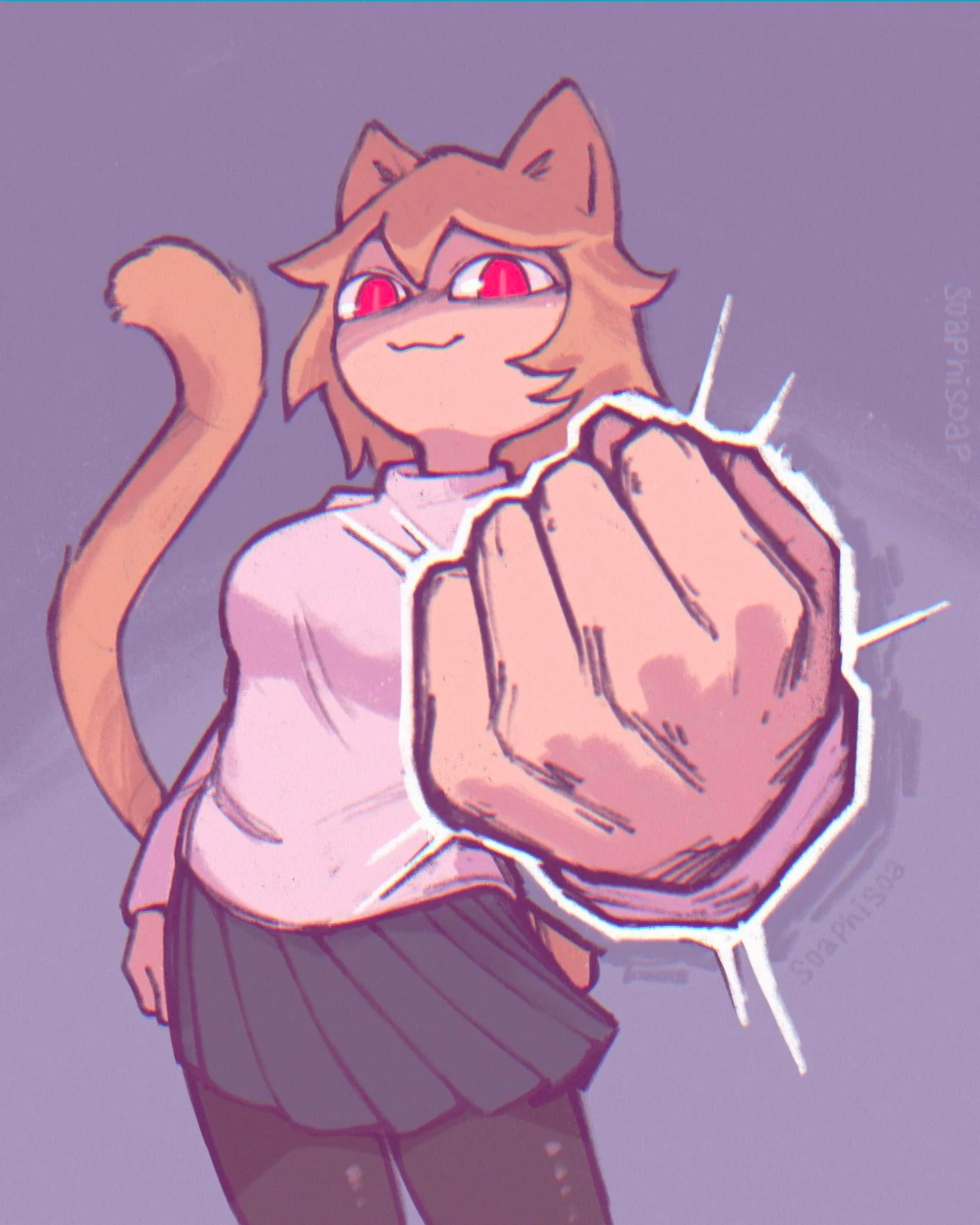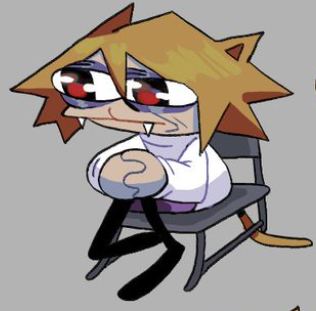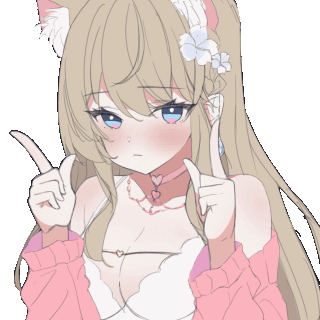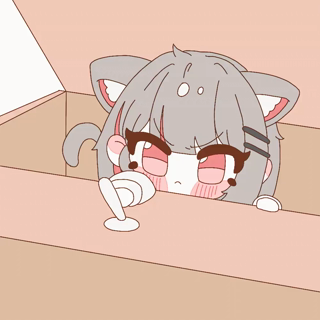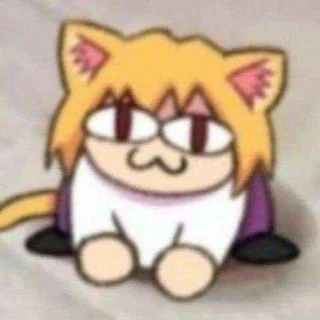Virgin Knight Who Is the Frontier Lord in the Gender Switched World - Chapter 212
- Home
- All
- Virgin Knight Who Is the Frontier Lord in the Gender Switched World
- Chapter 212 - The Plot to Transfer the Imperial Throne
In a room within the Cathedral, the conversation begins with Seora-dono speaking first.
“There are many things we must discuss.”
Only two people are present in the room: myself, the Pope, and Seora, daughter of Toktoa Khan. Our conversation is unheard by others.
Seora hesitated slightly before meeting my eyes.
“Where shall we start? We have exchanged dozens of letters. Though this is our first meeting, I believe we have conversed with far greater fervor than these written words.”
“Then, let me reconfirm.”
Closing my eyes, I clasped my palms together, murmuring as if to divine her thoughts.
“I heard you are participating in the inquisition. Are you serious?”
“Absolutely. I’ll quietly take a seat at the very end, draped in a robe.”
She raised a finger sharply, as if flicking something. As the supreme commander planning an invasion of the Holy Empire, she casually mentioned this with the demeanor of an amiable intellectual.
“I have no intention of causing any disturbances. I will not interfere with the Holy Father’s inquisition. Of course, I have no intention of criticizing or attacking the Cologne Sect, and I could even swear not to lay a finger on the electors. The stage for slaughter is not here.”
“It’s mere curiosity.”
“I want to see the faces of those with whom we’ll battle—what they look like, what they think, how they govern their country.”
“After all, I have no experience at the pinnacle of governance. I’ve overseen bureaucrats, but never led a national administration—well, the electors might end up killed by the Holy Father during the inquisition.”
“Ah, but I’d rather not have the Pope killed.”
“With your capabilities, that shouldn’t happen.”
Seora laughed cheerfully. “Indeed. I am most interested in what the Cologne Sect thinks and hides.”
“I am, as well.”
We agreed on that point. After all, for me, it matters little whether the emperor whines or how proudly the violent electors behave. In the end, they are all insufficient as true rulers of a ‘real state.’ I have already dismissed them as irrelevant. The focus remains on the Cologne Sect.
“What means have they found to save the pitiable people from violence and uncertainty?” I asked. “That’s what I’m curious about.”
“Frankly, the inquisition is nothing more than a public questioning of the Cologne Sect. To a Cardinal of Cologne, death is neither fearful nor significant; the only fear is having their faith interfered with. I had no intention of engaging in religious power games, like those instigated by the Cardinal of Mainz, repeatedly.”
“Disjointed thoughts.”
“If you wish to achieve your ideal reign, then do it there.”
Cutting through my thoughts, Seora suddenly mimicked someone else’s tone.
“That’s what my mother told me.”
“Toktoa Khan?”
“Yes, my mother.”
With a swift turn, she pointed a finger toward her own head and twisted it in a gesture suggesting her brain was working. This gesture, performed several times, revealed the backdrop against which Seora, a person managing superhumans from dozens of nations, increasingly used body language to communicate naturally.
The Holy Empire’s dukes, like Duke Temeraire of Inotsuki, would grit their teeth in frustration knowing she leads her ideal superhuman troops. Certainly, Seora would overwhelmingly surpass them in both quality and quantity.
“I want to create an ideal state here. That is my true wish, which the Holy Father must know by now. And I don’t mind doing it as the emperor of the Holy Empire or in the form of establishing a new state. Either way.”
And thus, she remains a top-tier intellectual. I see in Seora a potential greater than that of Emperor Maxine.
“I have heard it many times. Your true wish.”
Seora, the daughter of Toktoa Khan from a nomadic equestrian nation, indeed aims for the realization of an ideal state following her purported invasions. Initially, I was perplexed by such ludicrous earnestness.
“The ideal for me would be if you invaders simply stayed away. I’ve harshly sent away envoys from Seora, cursing that your absence is my ideal.”
Initially, that was also my stance. As Pope, I believed it was right to protect the Holy Empire’s faithful, the people who should live in peace. I even thought that was the true salvation. If that couldn’t be achieved, I considered perishing alongside the Holy Empire rather than fleeing abroad.
But, ironically, as Emperor Maxine, whom I had given up on, would say, “Everyone from knights to clergy to citizens fights each other for their own benefit, in a ‘war of all against all,’ which is the reality of the Holy Gusten Empire, where self-help (Feud) surpasses national law.”
A collective entity called a “state (Commonwealth)” meant to save the pitiable people from violence and uncertainty probably hasn’t yet appeared in this world. No matter how much Maxine clenched his fist and called upon the electors, feudal lords, merchants, and citizens to fulfill their knightly duties, the power gathered would be limited.
In the situation facing the Holy Gusten Empire, even with two more years of effort, opposing the Mongols, even if a holy war against infidels were declared, would be impossible.
What terrible things to say.
She, that skinny emperor, said everything that shouldn’t be said by the very person who shouldn’t say them. That emperor, who still complains to me, said that maybe what I govern isn’t really a state.
“Exactly. Everything is just as she said.”
My intelligence cannot conceive of any chance of victory against the Mongols. And at the same time, I realize:
Is this Holy Empire truly ideal? Is it holy? Is it truly an empire? Is it even a state?
I will not let anyone say that our history has been dark. Everyone has worked hard to become prosperous, and we have gradually built up our culture. We have always strived to increase our bread (wheat) and hammers (mallets). But are we truly prosperous now? Could we be living in an extremely poor era? Not just materially, but even spiritually.
From a brighter future era, how vain might our era seem? I’ve always wondered. Why do people so readily steal each other’s property? Why can they so easily trivialize and take each other’s lives? They kick and beat up those who cherish something as if they are mocking a fool treasuring a stone.
Is that still human? Can they still call themselves human? As a religious person, it’s a question everyone must ponder at least once.
“Why are we so impoverished? If we didn’t have to kill each other, hate each other, and spread strife among all, if even the emperor’s daughter couldn’t secure bread without victory, watching her father starve—that’s why.”
I couldn’t deceive myself from the whispers of Seora, the person before me with a voice sweet as molasses.
“Why don’t we build an ideal state together? Yes, I heard it’s called a Commonwealth, a far better state than the present. I hear the Pope is troubled by the corruption of his own religion. Why not rebuild it into the desired form along with the state?”
At first, I thought it was a joke.
To invite the highest religious authority of an enemy nation to create an ideal state together? To rebuild a religion?
Initially, I even thought it was madness.
I didn’t know much about Seora, so I investigated.
Our mendicant order has far-reaching arms, even in countries under Mongol control, where monks are present.
All I heard were terrible rumors.
According to a monk who barely survived because “monks are seldom killed,” Seora is said to be one of the few “sane” individuals around.
In both good and bad ways, she is “sane.”
“I’m sick of it. I’m sick of seeing mothers, desperate to protect their infants, being speared along with their children. I’m sick of seeing bodies left to rot, birds and insects scavenging them.”
I heard she was fed up with seeing such scenes.
On battlefields, on roads, in city corners, and in royal palaces.
Everywhere she went, Seora encountered bodies.
And she says she is partly to blame for creating that hell, following orders from her mother.
“There’s no rule of law. The outcome of a crime is determined by bribes paid behind the scenes to the police. The police themselves can’t support their families without taking bribes on the side. Law enforcement isn’t functioning properly.”
She complained about the lack of legal structure.
“Everyone is trying.”
“I know, but it’s not working properly.”
“Promises are made to uphold contracts and to admit defeat honorably. But it’s considered acceptable to crush the defeated because they are weak. Because I won, I can take everything. That’s unthinkable. I once promised superhumans that if they followed me, I’d protect their rights. But influenced by my mother’s mood, I’ve twisted that promise and ended up losing superhumans from my squad after taking everything from them.”
I was sick to my stomach.
I was confronted with the fact that I couldn’t even keep a promise.
As long as everything is controlled by my mother, it’s an endless cycle.
“Not enough, not enough, not enough. Nothing, nothing, nothing. So let’s take. If we take, it becomes ours. Over and over, it’s been like this since the day I was born from my mother. I’m tired of it. I hate taking from people. Money, goods, dignity—I hate taking anything. I want to create something more valuable.”
It was a rant.
From her rant, I understood that Seora is “sane.”
In both a bad and a good way, she is sane.
Unlike Emperor Maxine, she doesn’t just whine or complain that her father will starve because you don’t help.
Unlike the “common” despair everywhere else.
It was clear she was headed in a positive direction.
“I want to build a country. In a place I’ve fled from my mother. I thought about building a proper country.”
Let’s build an ideal state.
A country where not even a mother desperate to protect her infant being stabbed to death is considered criminal.
A country where the rule of law is established, where police don’t take bribes, where contracts are upheld, and where culture and morals are respected.
A country that creates new things.
A country overflowing with bread and hammers.
“Regardless of birth, skin color, or eye color. Anyone with ability can rise up, and even those without sufficient ability are granted a minimum of cultural dignity—this is not just a dream. I understand it can’t be done now, but—”
Yes.
That much is clear. There isn’t enough bread or hammers.
I understand that.
“But just a little more. Just a little more, can’t we create a sane country? A country where the state controls violence, where, as your Cardinal of Mainz advocates, a land peace ordinance prevents rogue knights from creating senseless disputes and looting. Where half-mercenary, half-bandit troops roam the country, and towns and villages live in fear, everyone arming themselves to protect their families. I want to create a country that is not in such an abnormal situation. A country where the citizens can trust the state and feel they are part of it.”
It was an attractive proposal.
But at the same time, I understood.
Can such a thing be done?
I wrote clearly and sent it to Seora.
It’s not that a state (Commonwealth) isn’t established because it can be done but isn’t.
It’s because everything and everyone is so lacking that no one even considers establishing a state.
Perhaps those dream-like words should be spoken in a later era.
I scolded her.
Seora’s reply was:
“What would happen to the world if the Eastern trade routes were established?”
“Have you considered how much bread and hammers would be produced if the state of Mongolia dominated this continent and created international trade and distribution under state control?”
It was a conversation I didn’t want to have.
I understand.
Instead of a cash economy based on silver coins, perhaps the state might issue something like salt (salt) paper money.
By guaranteeing these exchanges, the economy might become more vibrant.
By setting up carriage rests, inns, and stations every few kilometers along the trade routes, ensuring the safety of trade.
A giant commercial zone that brings happiness to everyone might emerge.
Just like Valiere.
Valiere von Anhalt had done it.
She had accomplished a fierce commercial parade that shook the Holy Empire.
It wasn’t what she wanted, but she marched through various countries with a massive amount of goods, wealth, and trade items.
The estate lords everywhere scraped together funds they had accumulated and spent them generously on their lands, then moved on.
That’s what’s missing.
This is missing.
The basics of commerce involve transporting goods from where they are abundant to where they are lacking.
Her campaign was certainly a military parade to the imperial capital, but it also created a sort of distribution network among the estate lords.
It wasn’t just a temporary thing.
The estate lords who had performed the homage ceremony and become knights of Valiere collaborated with each other, swearing to strictly manage future distribution.
—My thoughts were drifting.
By looking into Seora’s eyes, I slowly brought my thoughts back.
I recalled her letter.
“Mongolia will bring great destruction to the Holy Empire. Like a hungry falcon attacking the flight of doves, it will pierce cities and, like a raging wolf attacking sheep, it will assault the citizens. The farms and irrigation systems built will be destroyed. The cultivating population will be trampled by military horses, turning into lumps of blood and flesh, eventually disappearing into the earth.”
This was the content of the letter Seora had sent.
It was an unavoidable fate.
Even if we resisted, there was no chance of victory, I believed.
But.
“But honestly, I don’t wish for such things. I don’t want war in the first place.”
Seora never said she wanted what Mongolia wanted.
I understood that from the postscript.
“That’s why, Holy Father. I want you to hand over the Holy Empire. Make me the emperor.”
The content seemed laughable at first.
At first, I thought so, but then I thought it through.
About religion.
About the state.
After much thought, spewing anger and sorrow that seemed to bleed dozens of times, and continuing to exchange with Seora, I dragged out one word.
The word that led me to dismiss Emperor Maxine and decide to hand over the Holy Empire to Seora.
“Please be pleased, Holy Father. Toktoa Khan, my mother, will die within three years. Neither poison nor blade affects her, but disease can still erode even my mother, a superhuman among superhumans. Then I will be free. At least, in this Holy Empire, I can provide a new rule of law. That woman won’t be able to interfere anymore.”
For Seora and me, who wish for the realization of an ideal state.
At least nominally, if Seora becomes the ruler of the Holy Empire after Toktoa Khan’s conquest in the West, we can just reap the benefits of the trade routes from the Mongol Empire and maintain plausible deniability regarding the management of the state.
It was nothing short of a joyous occasion.
I know that this joyous occasion is not a lie through perfect investigation.
It’s not false.
That’s why.
That’s why I, as the Holy Father, have decided to hand over the imperial throne of the Holy Empire to Seora.
No matter how many tragedies or horrors may occur.
To believe in the construction of a true religion and an ideal state before suffering the unavoidable tragedy of the Mongol conquest of the West, and to prevent as much of that horror from reaching the people as possible, there is no other choice but for me to officially approve Seora as the emperor.
Still.
There is much more to be said.
But at least, with the guarantee that Toktoa Khan will die soon after completing the conquest in the West and with the appearance of Seora, a more ideal ruler than the current emperor.
I no longer have the slightest intention of defending the current emperor, the corrupted orthodox religion, or the Holy Empire, which is far from ideal.
Not even a grain of sand’s worth of it has remained.






